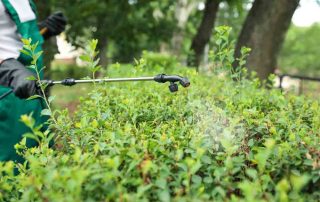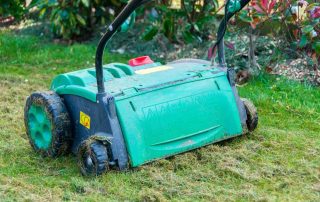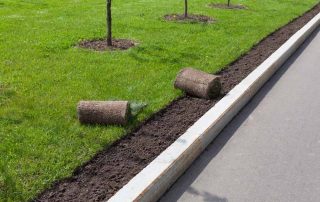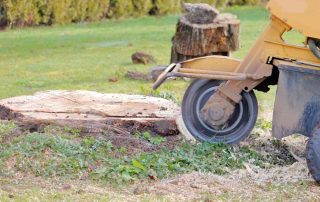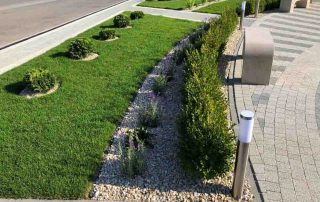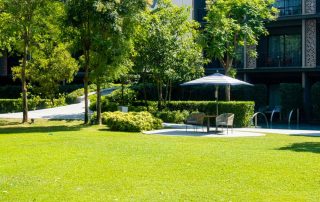Keep Your Business Bug-Free This Fall with Our Expert Fall Commercial Pest Control
Pugh's Earthworks As the leaves turn and temperatures drop, pests like to seek refuge indoors, making fall a critical time for pest management. For business owners, property managers, and facility maintenance teams, understanding the importance of Fall Commercial Pest Control is essential to maintaining a safe and healthy environment. This Pugh's Earthworks blog post will guide you through the significance of pest control during this transitional season, offering valuable insights and actionable tips to keep your commercial space pest-free. Why Fall Pest Control Matters With the arrival of fall, many pests begin their search for warmer habitats. This migration can lead them directly into your commercial space. Ignoring pest control during this time can result in infestations that harm both your property and reputation. Business owners must prioritize these measures to ensure the safety and satisfaction of employees and customers alike. Pest control in the fall is not just about immediate protection. It’s a preventive measure that sets the tone for the colder months ahead. By addressing potential threats now, you can avoid more extensive problems in the winter. Furthermore, a well-maintained commercial space can enhance client trust and staff morale, underscoring the importance of proactive facility maintenance. Understanding the seasonal behavior of pests is crucial for effective control. Many insects and rodents are more active in their search for food and shelter during autumn, making this the ideal time for intervention. Integrating pest management with your regular maintenance routine can help reduce the likelihood of infestations and ensure a pest-free environment all year round. The Most Common Fall Pests Knowing which pests are most likely to invade your space during fall can help you stay one step ahead. Among the most common intruders are rodents, spiders, and various insects like cockroaches and ants. These pests are not just nuisances; they can also cause significant damage and pose health risks. Rodents, such as mice and rats, are particularly concerning due to their rapid breeding cycles and ability to gnaw through nearly anything. They seek shelter as the weather cools and can enter buildings through the smallest openings. Once inside, they can cause structural damage and spread diseases, highlighting the need for regular inspections and swift action. Spiders, although often harmless, can become a problem when they multiply in large numbers. Their presence can be unsettling for employees and clients and may indicate an underlying insect problem. Similarly, cockroaches and ants are drawn indoors by food sources, necessitating thorough cleaning and waste management practices. Essential Facility Maintenance Tips To combat these fall invaders, focus on strengthening your facility maintenance practices. Start by sealing any gaps or cracks in walls, foundations, and around windows and doors. These entry points are prime targets for pests looking to escape the cold. Regularly inspecting your building's exterior and interior is vital. Look for signs of pest activity, such as droppings or gnaw marks, and address these issues promptly. Implementing a routine cleaning schedule can also deter pests by eliminating potential food sources and keeping the [...]

